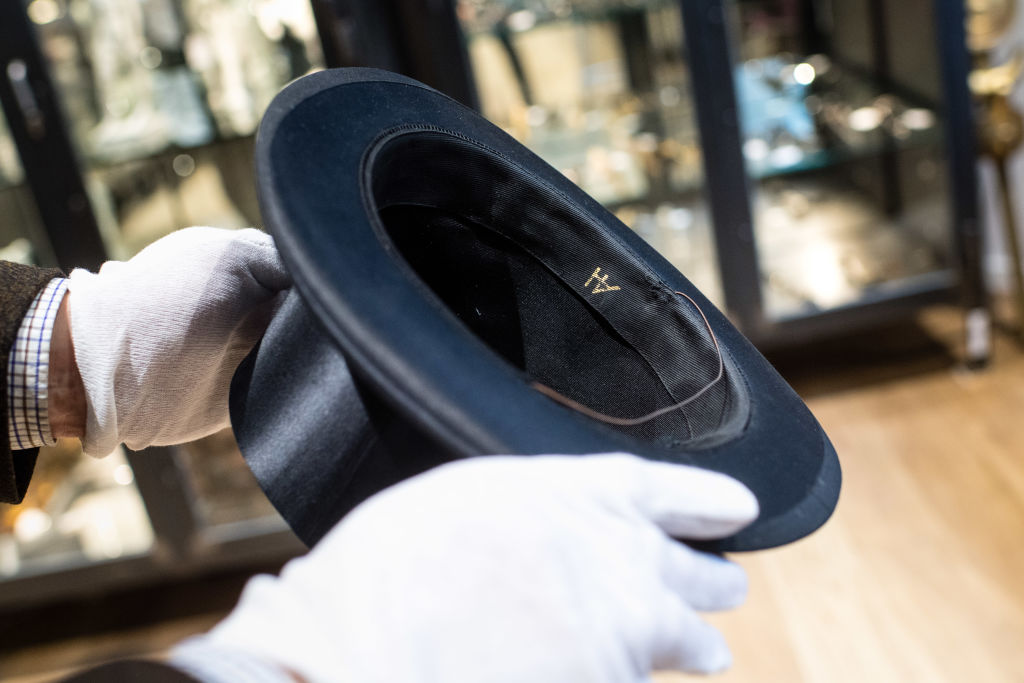Abdallah Chatila is a Lebanese businessman who is based in Geneva, Switzerland spent a fortune on Nazi items. He is considered one of the 300 richest people in Switzerland.
He made his fortune in diamonds and real estate. Recently, he spent £513,000 (approximately 660,000USD) at an auction to buy ten of Adolf Hitler’s personal possessions.
These items included Hitler’s top hat, a cigar box, a typerwriter, and a silver-plated edition of Mein Kampf.
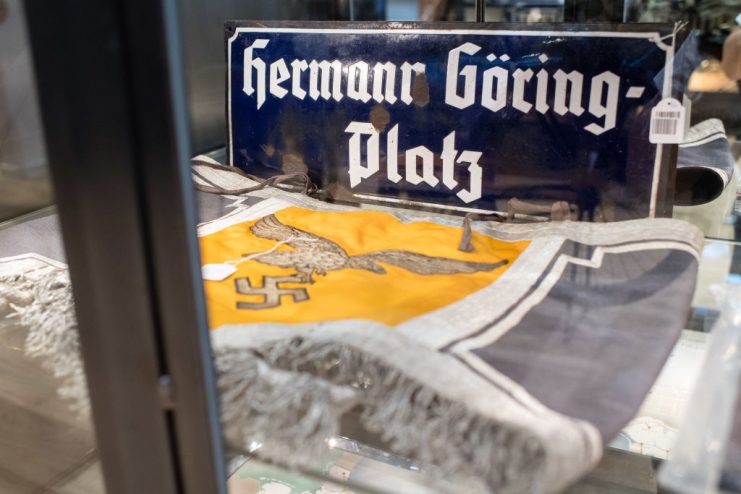
The items were purchased from the Munich auction house, Hermann Historica.
When Chatila read that Jewish groups were opposed to the sale of these items, he decided to purchase them himself and then destroy them.
But he changed his mind, and instead donated the items to a Jewish organization, the Keren Hayesod-United Israel Appeal group.
Chatila says that he was concerned about the spread of far-right populism and anti-Semitism around Europe and the world.
He did not want the items to be obtained by people with “dishonest intentions” and allow them “to be used for neo-Nazi propaganda purposes.”
Chatila will not receive the items. They will be sent directly to the group.
The European director of Keren Hayesod has said that they have not determined what they will do with the items. They are considering sending them to the Yad Vashem memorial in Israel which already has a number of Nazi artifacts.
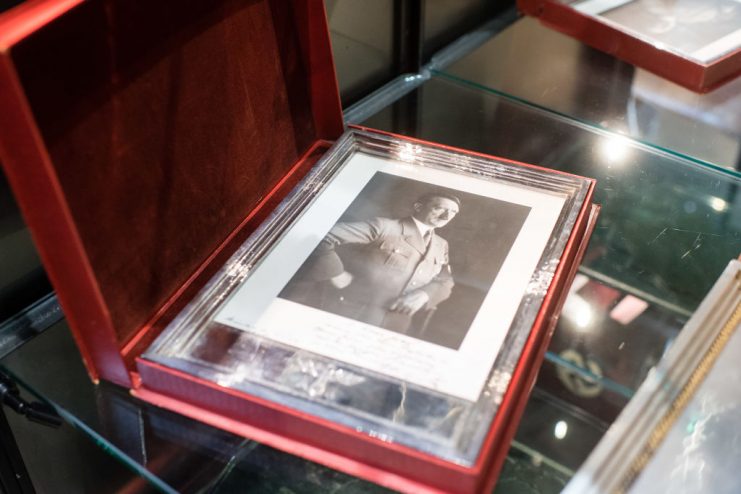
Rabbi Menachem Margolin, the head of the European Jewish Association, called Chatila’s gift a “noble act of kindness, generosity and solidarity.” He admitted to being “bowled over” by the gesture.
Chatila has agreed to join 100 European parliamentary dignitaries in January as they visit Auschwitz, the World War II concentration camp. He will be presented with an award at that time.
Chatila was born in Beirut to a family of Christian jewellers.
The Hermann Historica auction featured more than 800 German historical artifacts. 147 of the items had specific connections to Nazi Germany.
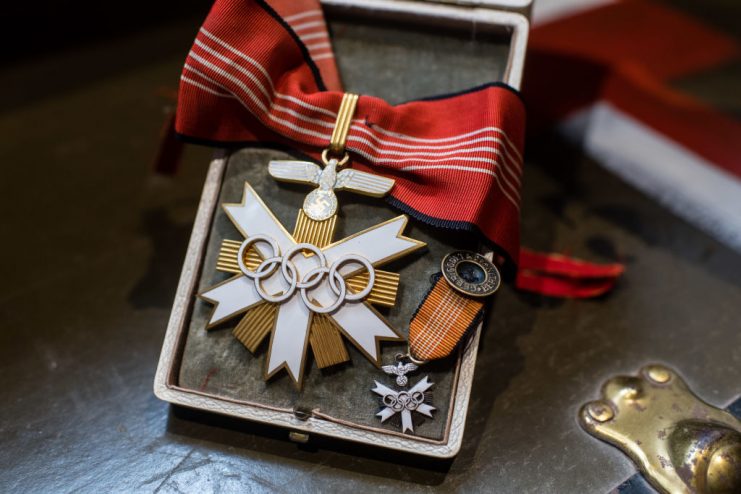
Though Jewish groups protest, it is legal to sell Nazi memorabilia in Germany unless it contains Nazi symbols like the swastika.
According to Berhard Pacher from Hermann Historica, most items they sell are purchased by museums, state collections and private collectors. The auction house takes responsibility for ensuring the items do not end up in the wrong hands.
Chatila spent $55,400 for Hitler’s top hat, $144,000 for the copy of Mein Kampf, and $5,000 for the cocktail dress of Hitler’s mistress, Eva Braun.
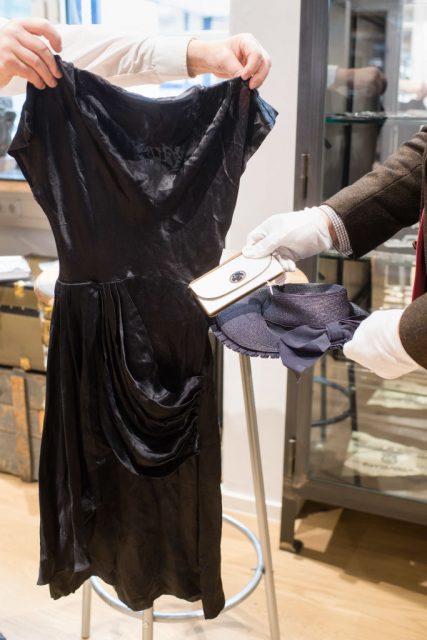
Margolin said that Chatila has set a precedent for the rest of the world to follow when Nazi items are put on sale.
Before the auction, the rabbi had called for the authorities to force auction houses to reveal the names of anyone buying Nazi items. Those people should be placed on a watch list in order to combat the rise of anti-Semitism.
Felix Klein is the anti-Semitism commissioner in Germany. He said that these auctions trivialize the crimes of the Nazi party.
Another Article From Us: Teenage Sisters Who Would Seduced German Soldiers Then Shoot Them
Chatila has previously stated that he believes Nazi memorabilia should be burned though he recognized that historians wanted to keep them as “part of the collective memory.”
